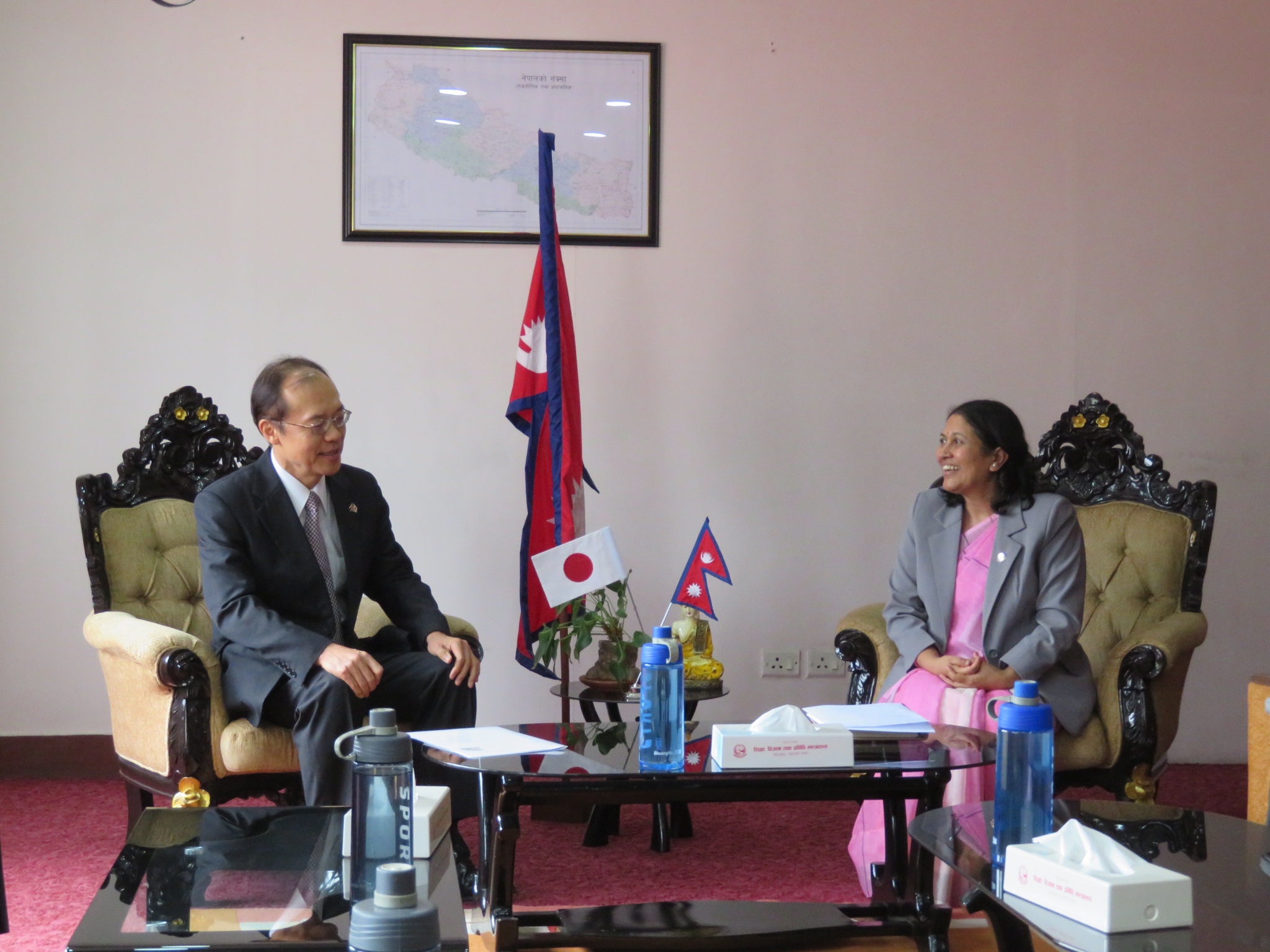
OR
Deprived sector receives loans worth Rs 100 billion
Published On: June 27, 2017 12:40 AM NPT By: Republica | @RepublicaNepal
KATHMANDU, June 27: Bank and financial institutions (BFIs) floated a total of Rs 99.34 billion in deprived sector loans in the first 10 months of the current fiscal year 2016/17.
The deprived sector received nearly Rs 100 billion of financial resources in the current fiscal year, thanks to a policy introduced by the Nepal Rastra Bank (NRB) that requires BFIs to extend at least 5 percent of their total loan portfolio to the sector that includes low-income households and small businesses.
In this loan category, low-income, poor, down-trodden and marginalized people like Dalits, freed bonded laborers, Haliya, conflict victims, single woman, disabled and senior citizens, can get loans at cheaper interest rates that too without pledging collateral.
Commercial banks, development banks and finance companies are required to float at least 5 percent, 4.5 percent and 4 percent, respectively, of their total lending to the deprived sector.
While commercial banks used to channelize most of the loans to the deprived sector through microfinance institutions earlier, a new rule introduced by the central bank requires them to directly lend at least 2 percentage points of the 5 percent deprived sector loans from the current fiscal year. The central bank has created a list of groups, communities and households that are eligible to get credit ranging from Rs 10,000 to Rs 1 million.
The huge fund that the deprived sector has been able to receive due to the NRB's directed sector lending requirement has made the central bank officials optimistic. They think that the rule is helping to bridge the gap between rich and poor.
“Through our policy intervention, BFIs has been able to float nearly Rs 100 billion of resources in the rural areas,” Nara Bahadur Thapa, an executive director at the NRB, said. “These loans go to small businesses, women, poor and marginalized people which will help to uplift their economic status, alleviate poverty and create employment opportunities thereby helping to create a foundation for balanced development,” Thapa, who is also the chief of the Research Department of the NRB, told Republica.
Despite reservation of the BFIs as well as the International Monetary Fund (IMF) over the directed sector lending, the central bank has been making it mandatory for the BFIs to float certain percent of their credits to directed sectors such as deprived communities, energy, agriculture, tourism, cottage and small industries. It also penalizes BFIs that that do not meet the priority and deprived sector lending targets.
You May Like This

Banks can now count subsidized edu loans as deprived sector credit
KATHMANDU, July 12: The Nepal Rastra Bank (NRB) has introduced a provision in the Monetary Policy for Fiscal Year 2018/19 which... Read More...

Flood, fire victims to get subsidized loans loans to rebuild house, run business
KATHMANDU, Jan 10: At a time when earthquake victims are struggling to get subsidized loans from bank and financial institutions... Read More...

Banks told to make deprived sector lending in phase-wise manner
KATHMANDU, Aug 30: Nepal Rastra Bank (NRB) has instructed commercial banks to disburse at least two percent of their total... Read More...











Just In
- Japanese envoy calls on Minister Bhattarai, discusses further enhancing exchange through education between Japan and Nepal
- Heavy rainfall likely in Bagmati and Sudurpaschim provinces
- Bangladesh protest leaders taken from hospital by police
- Challenges Confronting the New Coalition
- NRB introduces cautiously flexible measures to address ongoing slowdown in various economic sectors
- Forced Covid-19 cremations: is it too late for redemption?
- NRB to provide collateral-free loans to foreign employment seekers
- NEB to publish Grade 12 results next week







Leave A Comment